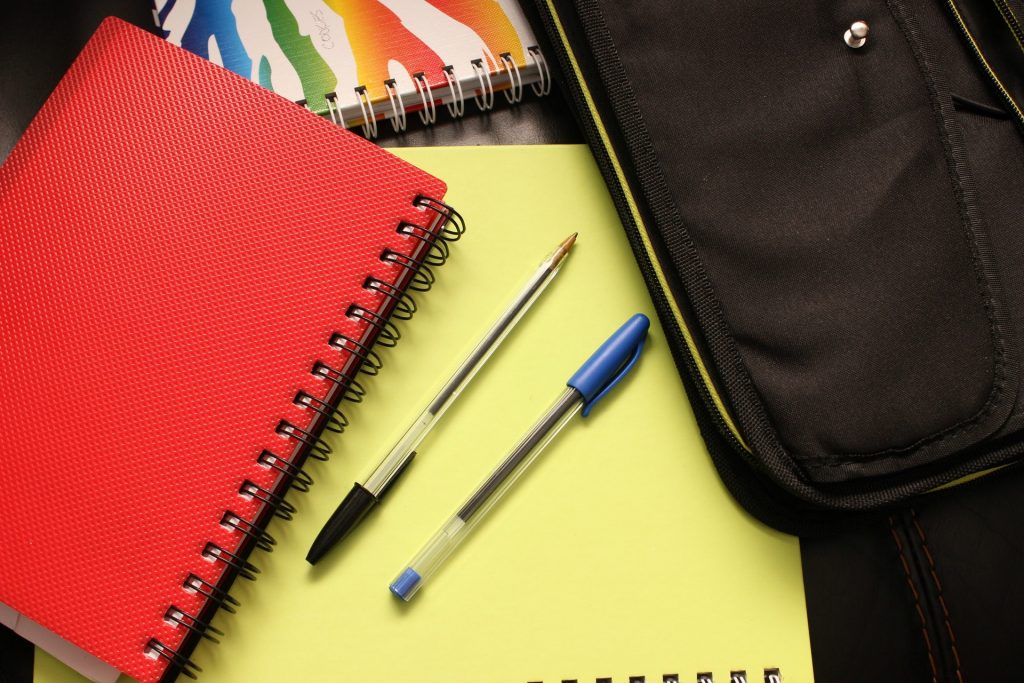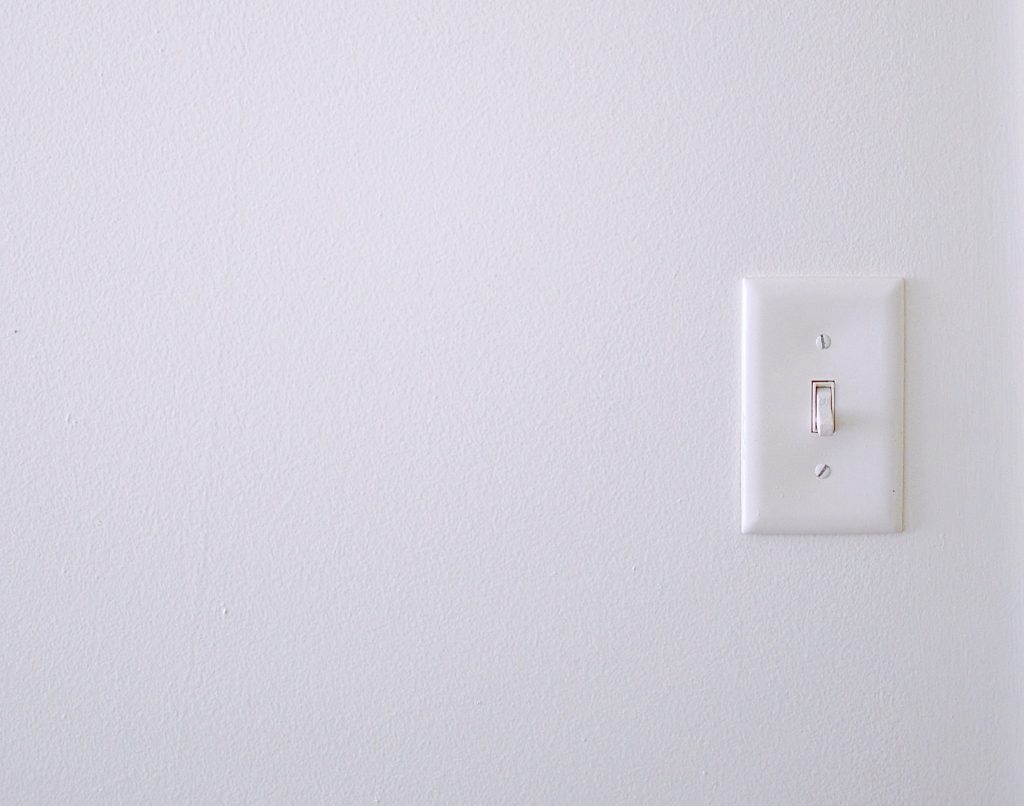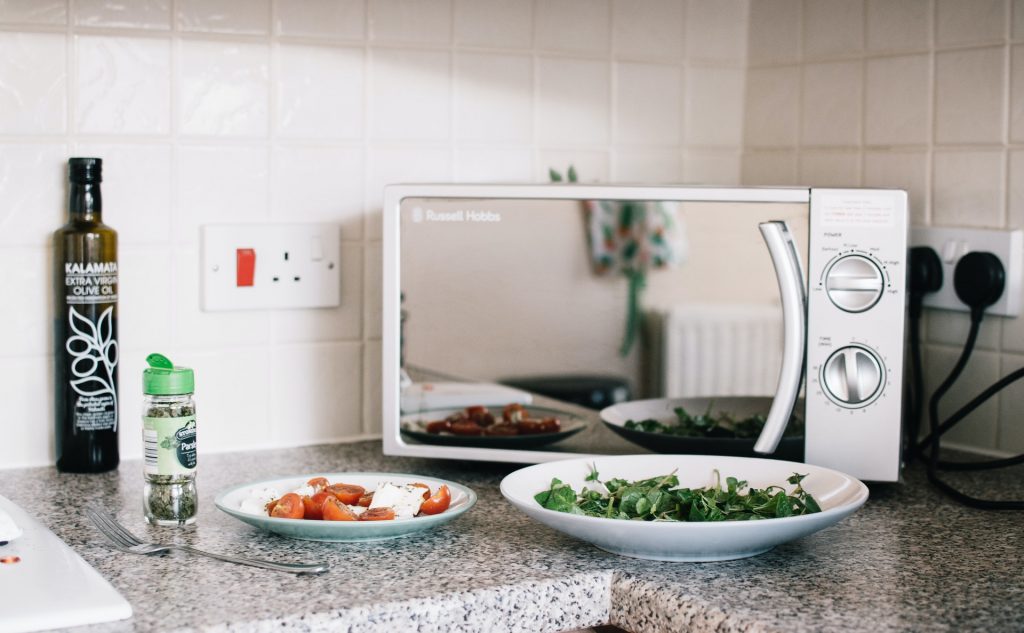September comes with mixed blessings. The kids return to the classroom and are engaged once more, moving forward with their learning. However, the back-to-school period is also an expensive time for parents across the country, with more than half of parents surveyed noting this period puts a financial strain on the family budget. Children will have grown in the few weeks from July, and there are all sorts of stationery needs for the new year. It is a time when we all need to save some money, and we explore some of the best ways to make room in your budget.
1. Check out what you already own
You likely have a lot of what you need to send the kids back to school in your home already. First, audit the wardrobe to see what can be re-worn and what might need to be replaced. There is no law saying that everything has to be new in September. Make a list of the clothes that you genuinely need.
Equally, there are likely school supplies all over the house. Send the kids on a scavenger hunt and reward them for what they find. A bar of chocolate is going to cost you less than a whole set of new school supplies.
2. Buy second hand
When we are all trying to be sustainable, there is a lot to be said for looking for a pre-owned school uniform. There are marketplaces on social media and other local selling pages. Another option would be to get in touch with your school, as they often set up a school uniform shop that includes second-hand wear.
Alternatively, you may find something affordable at the local supermarket and then buy the school badges from the uniform shop. Some shops offer 12-month money-back guarantees on the school shoes they sell, which means you have some assurance they will last the school year!
3. Label young children’s clothes
Although an absolute pain to do, putting labels inside cardigans, PE kits, inside shoes, and more will save you a fortune in lost clothing items. Some tools make this so much easier now, such as a reusable stamp, which withstands up to 50 wash cycles. A stamp is definitely a lifesaver when you are not that handy with a needle and thread – and it ultimately ends up much cheaper too.
4. Personalised stationery
Speak to any teacher, and they will be able to recount a hundred or more stories of arguments about whose pencil belongs to who and whether a pencil case has been taken or not. While buying stationery with your child’s name on it will be an extra cost to start with, it will end up saving you money in the long run.
5. Refurbished tech
Older students will likely need tech for the completion of homework. While your teenager will assure you that they need the latest model brand new out of the box, there are plenty of places to get yourself a refurbished model that will serve homework needs. Equally, if they say they need a mobile phone, why not give them the old one from your last deal with a sim only deal.
6. Save on transport costs
Paying for the school bus or driving your kids to school every day can become expensive. If you live close enough, getting your kids to walk or cycle can help here. It is also a great way to ensure your children stay fit and better for the environment. All round, asking kids to get to school using their energy is good for everyone involved.
7. Cheaper food and drink options
Weigh up whether your child’s school dinners are cheaper than a packed lunch and make your choice based on that information. Sometimes these meals can come in slightly cheaper than you can do for yourself, but oftentimes, the packed lunch can come in as the more economically-beneficial option.
Equally, buying a leak-proof water bottle to drink from at school is much cheaper than buying drinks at school. You can also help your youngster get into the habit of drinking water or healthier squashes.
8. Ask the school to help you plan ahead
While schooling is meant to be free for most, additional costs can certainly add up. Whether it is swimming lessons, music lessons, trips, or other extras, you can find yourself handing over a wad of cash to your school. Think about putting a set amount aside each month to a fund especially meant for these extra costs that might come in.
Saving money elsewhere
Whether we like it or not, our children will always stretch our budget. It is a good job we love them, else the attack on our bank accounts could be a real problem! With the additional costs being a given with kids, you might need to look to other means of saving money. One other high-cost item on your list of bills is the cost of your energy consumption. Here we offer four more tips for saving money here, so you can go and spend it on your children!
9. Switch appliances off at the wall
Believing that your toaster passively waits for you to switch it on before using energy is a myth. The whole time your toaster is plugged in, it is leeching power and costing you a small amount of money. While you are not going to save the Earth or your bank account by switching off the plug of your toaster, you will if you do the same with all the other Energy Vampires in your home. With most of the appliances and tech in your home, there is off – which is actually a standby setting – and then there is really off when there is no power going to the device.
10. Change to LED bulbs
Although LED bulbs will cost you more at first, they will last longer and use less energy. Consequently, over the life of an LED bulb, you will save money. They are also much better for the environment than traditional bulbs.
11. Invest in energy efficiency
It may not be for everyone, but sometimes the best way to save money is to spend some. Investing in energy efficiency may knock your bank account in the short term, but the long term will see you earn back that money and more by using less energy for the same results.
For example, some homes can be difficult to keep warm because heat is being lost through their roofs. 22% of heating is typically lost through poorly insulated roofs, and therefore a €400-500 investment into insulation which can last 40 years can really make a difference to your bank account over the long run.
12. Shop around
Loyalty is rarely rewarded with energy companies, and if you are on the variable tariff with your supplier, you are likely paying too much. Switching your supplier can save you hundreds of pounds each year, which just so happens to be the average amount spent by parents sending kids back to school. Power to Switch can help you find the right tariff for your family, so you can treat your kids to that pair of shoes all their friends will have.













